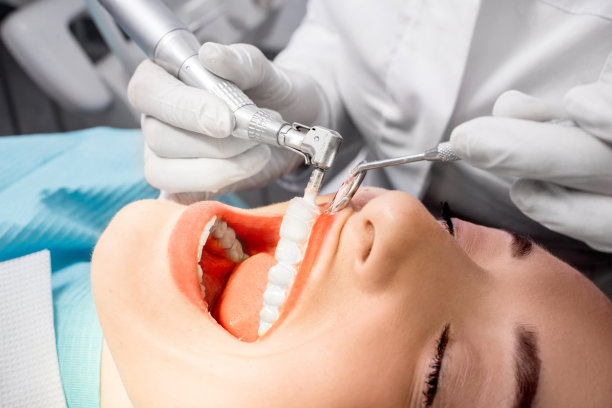Essential Precautions to Consider Before Undergoing Root Canal Treatment for Optimal Oral Health Results
Summary: Root canal treatment plays a crucial role in maintaining optimal oral health by saving infected or damaged teeth. However, before undergoing this procedure, several essential precautions must be considered to ensure the best possible outcomes. This article delves into four critical aspects: selecting a qualified dentist, understanding the procedure, preparing for post-treatment recovery, and maintaining oral hygiene post-treatment. By addressing these key areas, patients can alleviate their concerns, ensure a smooth process, and achieve long-lasting oral health results.
1. Selecting a Qualified Dentist

Choosing the right dentist is paramount when considering root canal treatment. Not all dentists possess the same level of expertise, and specialists such as endodontists focus specifically on root canal procedures. Researching qualifications, experience, and patient reviews can provide valuable insight into a dentists capabilities.
Moreover, its essential to check if the dentist is board-certified and whether they utilize state-of-the-art technology. Advanced techniques, such as digital imaging or rotary endodontics, can enhance the accuracy and efficiency of the treatment. Always feel free to ask about the technologies available in the practice.
Finally, consider scheduling a consultation to gauge comfort levels and communication style. A trustworthy dentist should be willing to explain the procedure clearly, addressing any concerns you may have, which helps build confidence in your treatment decision.
2. Understanding the Procedure
Before undergoing a root canal, it’s crucial to have a thorough understanding of the process. This procedure typically entails removing infected pulp from within the tooth, cleaning and disinfecting the area, and ultimately sealing it to restore function. Knowing what to expect can help reduce anxiety.
Patients should inquire about the steps involved, the expected duration, and the anesthesia options available. Understanding how pain will be managed during the procedure is also important. Many patients fear the pain associated with procedures like this, so learning that effective anesthesia techniques exist can alleviate these fears.
Furthermore, knowing the potential risks and complications of the procedure helps prepare patients mentally. In rare cases, additional treatments or even tooth extraction may be necessary. Having clarity about these outcomes can facilitate better decision-making and set realistic expectations.
3. Preparing for Post-Treatment Recovery
Post-treatment recovery is another crucial aspect to consider. Patients should be informed about what to expect immediately after the root canal, including possible swelling, discomfort, or tenderness. Generally, pain management is a key area of focus, and many dentists recommend over-the-counter pain relievers for immediate relief.
Preparing for a few days of recovery can facilitate a smoother experience. Stocking up on soft foods and avoiding hard or chewy items can help minimize discomfort. It’s also wise to arrange for time off work or assistance at home, especially if the procedure takes longer than anticipated.
Lastly, understanding how the procedure aligns with your regular activities is essential. Patients should avoid strenuous exercise or activities that may exacerbate swelling or discomfort in the initial recovery days. Ensuring a comfortable, low-stress environment can significantly enhance post-treatment recovery.
4. Maintaining Oral Hygiene Post-Treatment
After a root canal, maintaining proper oral hygiene is vital for optimal healing and preventing further complications. Patients should continue their regular brushing and flossing routine while being cautious around the treated area. Identifying and using gentle techniques can prevent irritation or injury to the healing site.
Its beneficial to follow any specific instructions provided by the dentist regarding oral care. For example, some practitioners may recommend waiting a certain period before resuming regular brushing or using particular types of mouthwash to promote healing.
Regular follow-up visits are also crucial for monitoring the success of the root canal. Dentists can track healing progress and intervene if any issues arise, ensuring long-term success and health of the treated tooth. Scheduling these appointments promptly can help uphold ongoing oral health.
Summary:
In conclusion, the journey toward optimal oral health via root canal treatment necessitates a careful approach, starting with selecting a qualified dentist and understanding the procedure itself. Proper preparation for post-treatment recovery and maintaining oral hygiene afterward are equally vital to ensure a successful outcome. By following these essential precautions, patients can be more equipped for this significant dental procedure.
This article is compiled by Vickong Dental and the content is for reference only.



